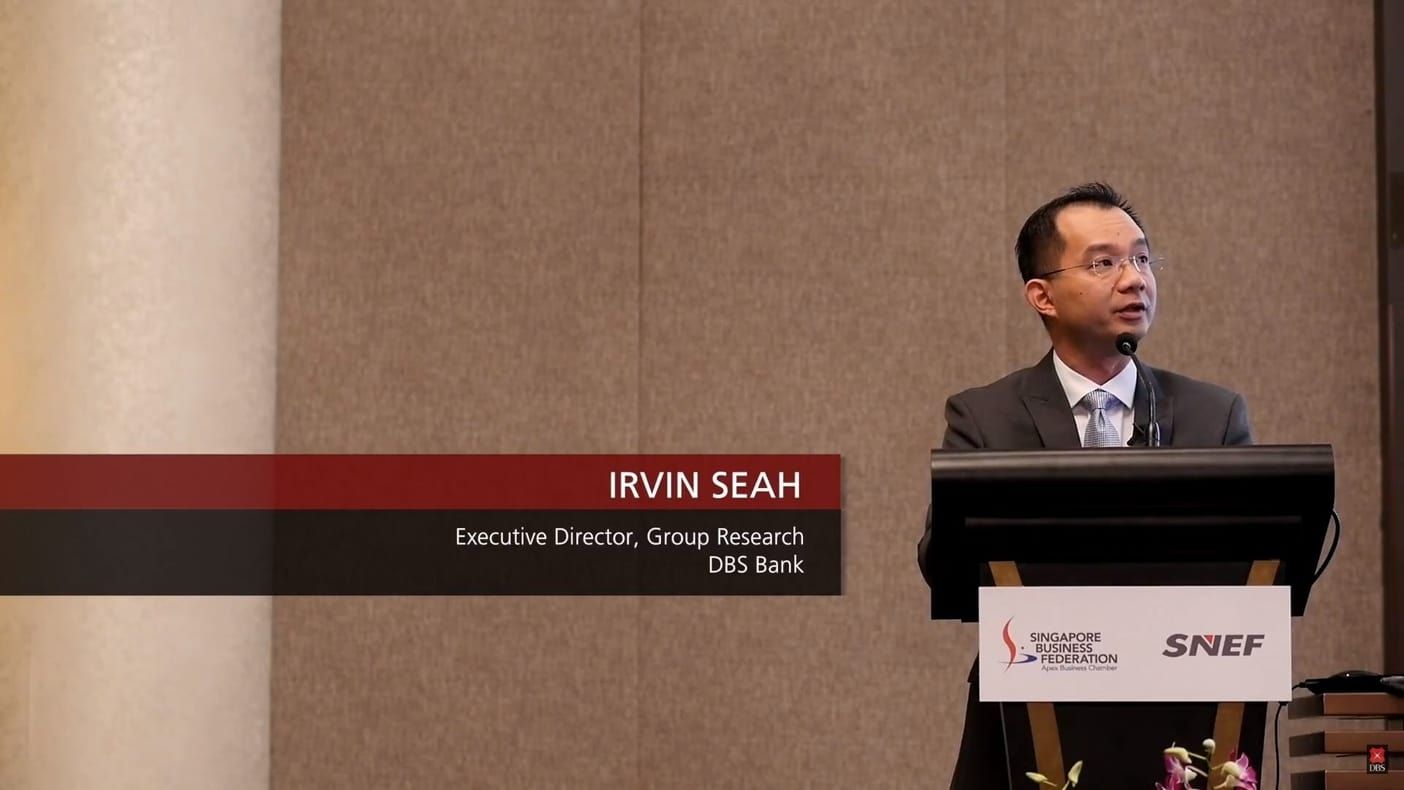A Balancing Act
Amid a challenging outlook, Budget 2017 attempted to address both short-term concerns and longer-term restructuring.

After a long, cold Winter, an economic Spring has arrived in Singapore. That was the good news coming out of a post-Budget seminar held on March 8.
"We have the first glimpse of more positive things happening,' said DBS senior economist Irvin Seah during his insightful breakdown of the Budget and Singapore's economic prospects at the event organised by the Singapore Business Federation (SBF) and the Singapore National Employers Federation (SNEF).
He noted that Singapore's economy probably hit its trough in Q3 2016 and has since turned the corner. with Q4 2016 GDP expanding by 12.3% quarter-on-quarter. Mr Seah expects the economy to grow by 2.8% in 2017.
However, he cautioned that the recovery would be uneven, as some industries continue to struggle in the face technology fuelled disruption and tough operating conditions.
Against this backdrop, Mr Seah said that the Budget announced on Feb 22 was a well-balanced one that took into account both the short-term concerns of companies as well as the need for restructuring in the medium term.
However, he had some sobering news for the audience. The cost of providing assistance to citizens and businesses to help them cope with future challenges had taken a toll on the Government's fiscal position.
With its latest Budget, the Government had racked up three consecutive years of a primary deficit (before taking into account net investment returns) in order to fund its programs. Meanwhile, Singapore's foreign reserves have stopped rising in the past two years.
"This is not sustainable. We are at a critical juncture in our economic development," said Mr Seah. "We have to keep a tight rein on spending or else it will lead to a rise in taxes."
The only solution in such a scenario is for Singapore to continue growing its economy. This goal is at the heart of the Committee on the Future Economy's recently released recommendations, which looked to help local companies scale up and compete on global markets. This would in turn generate tax revenue for Singapore and replenish its coffers.
A representative from the Ministry of Finance then gave a summary of the key measures announced in Budget 2017, which, among other things, included an enhancement of a corporate tax rebate, a delay in foreign worker levy hikes and initiatives to help local businesses to adopt digital technologies, develop skills and internationalise.
The well-attended event was rounded off with a panel session moderated by SBF chief executive Ho Meng Kit, consisting of representatives from various Government agencies, including SPRING Singapore, International Enterprise (IE) Singapore and Infocomm Media Development Authority.
Taking questions from the floor, they offered insights into where SMEs can go for advice on Government grants and how to encourage more local companies to go abroad.
A representative from IE Singapore noted that local companies were already working towards generating more of their income from overseas markets. A recent survey showed that more than 53% of SMEs were deriving their income from abroad, he said.
Meanwhile, SPRING Singapore advised SMEs looking for assistance to approach business advisors at the agency's 12 SME Centres. They can also go online to the SME portal and the Business Grants portal for more information.
Was this information useful?
Thanks for your feedback
Subscribe to DBS BusinessClass
Stay updated with the latest market trends and industry insights, connect with a network of entrepreneurs, and gain access to exclusive event invitations. Join Asia's fastest growing business community – get your complimentary membership here.





That's great to hear. Anything you'd like to add?
We're sorry to hear that. How can we do better?